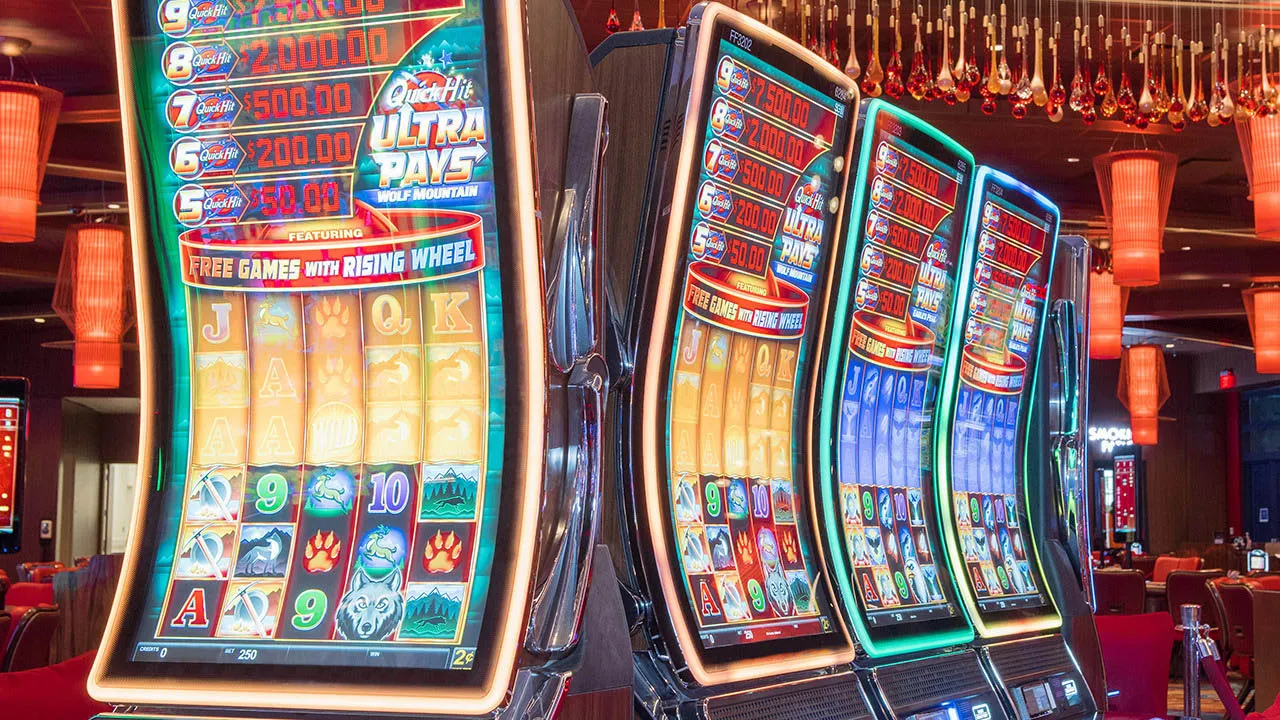No matter how thrilling slot games may be, it’s crucial to understand their true workings. Myths surrounding slot machines perpetuate the belief that casinos manipulate them by changing payout rates according to various factors; this simply isn’t true as reputable casinos adhere to stringent regulations to ensure their games are fair and random.
Random number generators
Random number generators can be used to quickly produce one or more random integers within a pre-defined range. They rely on mathematical formulas that transfer values from one set of numbers into another, creating numbers which appear as though they came out of nowhere.
Statistics was once dependent upon lengthy tables of random digits; then Bletchley Park codebreakers Tommy Flowers and Harry Fensom created ERNIE (Electronic Random Number Indicator Equipment), producing 50 random digits per second.
Although this method does not produce true random numbers, it can help in cases when repetition must be avoided. Unfortunately, too often repetition can create problems, or obvious patterns may emerge that lead to issues. An alternative would be using a mathematical random number generator which provides various math functions for producing random numbers, including uniform, random, normal gaussian distribution, lognormal negative exponential, and gamma distributions.
Payout percentages
When playing slot machines, it’s essential that you understand their inner workings. A lot of misconceptions regarding these games exist due to people not understanding how the games really function. One key reminder when it comes to slot gambling: payouts are random; thus don’t expect to win every time but should still have plenty of fun when you do play!
One popular misconception surrounding slot machines is the belief that they operate according to an underlying pattern and should only be played when their payout time comes around – this is simply false as slot machines are designed for randomness without any discernable pattern or pattern.
A slot machine spin is determined by a random number generator, and cannot be altered by factors like time of day, coin temperature or player cards. Practice will help to improve your odds – playing more often will increase them.
Hot and cold machines
Players often assume that slot machines can either get hot or cold. When hot machines pay out winnings regularly and cold machines don’t. Due to this belief, many unlicensed salespeople offer systems designed to predict when slot machines will become hot or cold.
Slot machines generate random numbers every second. These random numbers are then compared against previous results to determine what will occur during their next spin – making it impossible to predict whether one machine is about to hit a jackpot, become hot or cold.
As is true for some machines with timed jackpots, others may be considered “hot machines” if their jackpot is close to dropping. But this does not imply that every spin will end in heads or tails; chances are equally likely either way; thus the concept of hot and cold slots is just superstition.
Casinos manipulating machines
Online slot games use a random number generator that produces millions of possible outcomes per second, making them free from manipulation and predictability. Furthermore, casinos operating online use strict regulatory environments with frequent audits ensuring fair play.
Casinos have always been an entertaining form of entertainment for many people, with some willing to go the extra mile in order to cheat in order to win big. This has given rise to various forms of cheating such as using mathematics or identity theft schemes – though with today’s advanced technologies and stringent security measures these schemes are increasingly difficult to execute.
Ronald Harris’ case stands as an infamous example of slot manipulation; using his position as state gambling auditor to gain access to RNG source codes and manipulate machines for his own gain is illegal but shows how robust casino game technologies are and can only be altered within certain parameters.


